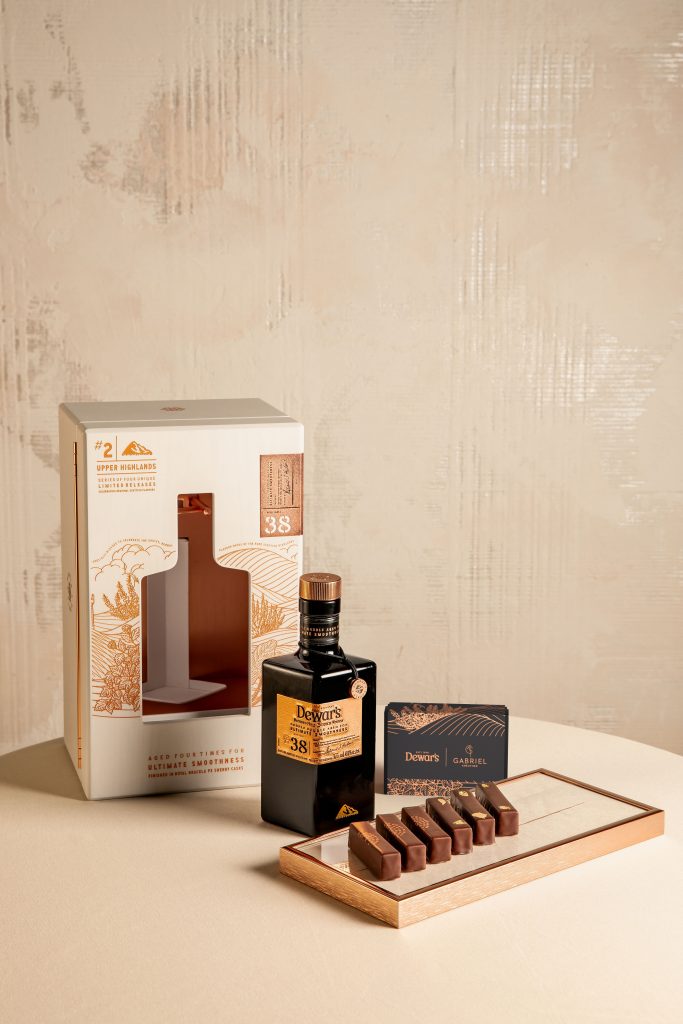Proto Collective is Defining the Future of Footwear End-to-End
Their debut sneaker, the IRIS-D, is made in the US with full supplier and manufacturing transparency

Some of the most famous names in footwear—including Jeff Staple and Jeffrey Henderson plus advisor Melody Ehsani—have banded together with pioneering creatives like Katie Longmyer and WeWork’s cofounder Miguel McKelvey to form Proto Collective, an organization dedicated to the design, production and culture surrounding the future of footwear. Formed back in 2020, Proto debuted a low-top sneaker named the IRIS-D in April 2023. In the time between, Proto enacted critical change around industry representation and was meticulous about their supply chain and carbon footprint. The brand continues to be deliberate in their development—slow, carefully considered and transparent. In fact, the label inside of the IRIS-D lists every single US vendor, factory and manufacturer—from the ball and chain tag to the sock liner.

The earliest wisps of Proto Collective began to form in December 2019 and January 2020, with Staple and McKelvey conversing about the future of footwear and, as the former describes, “sneaker culture nerd talk.” When the pandemic began to spread in early 2020, and as Black Lives Matter commanded international attention and WeWork went through a very public change, Staple and McKelvey observed the conflict between sales-y brand attention on social media and the critical social change that was being broadcast beside it. McKelvey wanted to buy sneakers from a brand that not only paid attention to broader cultural movements but represented the change he desired. He couldn’t find one—neither could Staple.

“We started to think about this triangulation of brands that try to do their best to not have a negative impact on the earth, brands that are owned and operated by people who look like their consumers—versus the two biggest powerhouse brands in crunchy Beaverton, Oregon and Nuremberg, Germany—and brands that have a cool factor,” Staple tells COOL HUNTING. “These three things were existing in separate pockets, but not triangulating. I wanted a dope, BIPOC, female-majority lead organization that makes desirable shoes that are not negatively impactful to the planet. It didn’t exist.”

McKelvey and Staple decided to partner up and do it themselves by assembling the perfect team. “Miguel doesn’t want to do super-niche things. He wants to do things on a global scale that really move the needle. And frankly, for something like this, you kind of have to do it on a global scale or else like you’re not doing the right thing,” Staple continues. “You kind of have to go big or go home on this. We knew we’d have to pretty much assemble like an Avengers-level group. Miguel said, ‘let’s start looking.’ I was assembling the team more from a footwear-style standpoint, cultural, and he started to assemble them more from an operational administrative standpoint.”

It went from a conversation to a brand quickly—though they toyed with producing something other than footwear. During the development process, McKelvey got passionate about producing in the US. “With sustainability, that’s 50% of the battle—of lowering your carbon footprint, right. And then, as we all know, a lot of factory workers were laid off because of the exporting of work to Asia—and a lot of those people that were impacted are Black and Brown people. If you bring production back here you’re helping out with some of the other values that we really wanted to embody.”

Proto began to reverse engineer their designs. “We were saying okay, ‘America, what do we got? Who’s making stuff?’ And we found a factory that only makes fire-resistant boots. That’s all they do. But we we’re like, ‘Hey, you make boots. Maybe can we work together to now use your technology and innovation to make something lifestyle fashion and wearable?’ Right. So our thing is like: let’s find out who’s in our toolkit to be able to make stuff in America.”

The IRIS-D is completely assembled in America—and 90% of the components are manufactured in America. “The only thing that is not really is the outsole because we were working with Vibram. Their soles weren’t made in America, but we bought their soles that were already residing here,” Staple says of their choice to use deadstock material. Now, they’re working with Vibram’s innovation lab to develop their own Made in America products from scratch.
“Our first foot forward is this shoe,” Longmyer adds. “Through it, I want to have a conversation that’s like ‘this is actually the way to be, what people have been asking for, for a long time, and the spotlight is moving, and we can lift each other up.’ There’s a cultural shift happening.” Katie Longmyer is a life-long culture-maker and as the CEO of Proto brings her multi-hyphenate skills to a company that’s equally about enacting change as it is about creating products.

Longmyer credits the strength of the collective for Proto’s initial success and its unbounded potential. “I think this team is indescribably magical and filled with alchemy,” she says. “But we also have a bunch of people with technical and design and industrial experience that we need to lean into, and we need to make something and show everybody that it’s doable and that we are, you know, tasked with solving the biggest design challenge ever. We have these resources and this limited amount of time and money—and we’re trying to do it in an ethical way here in the US.” It’s a tall feat but the IRIS-D is already an inspiring example of success.













What are your thoughts?